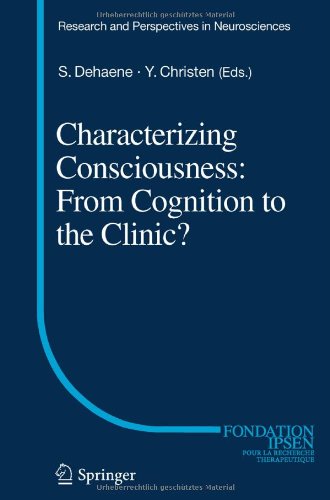

Most ebook files are in PDF format, so you can easily read them using various software such as Foxit Reader or directly on the Google Chrome browser.
Some ebook files are released by publishers in other formats such as .awz, .mobi, .epub, .fb2, etc. You may need to install specific software to read these formats on mobile/PC, such as Calibre.
Please read the tutorial at this link: https://ebookbell.com/faq
We offer FREE conversion to the popular formats you request; however, this may take some time. Therefore, right after payment, please email us, and we will try to provide the service as quickly as possible.
For some exceptional file formats or broken links (if any), please refrain from opening any disputes. Instead, email us first, and we will try to assist within a maximum of 6 hours.
EbookBell Team

5.0
98 reviewsCharacterizing the computational architecture and neurobiological mechanisms underlying consciousness is a major unsolved problem in cognitive neuroscience. Yet, thanks to new advances in stimulation paradigms, brain imaging techniques, and neuronal theorizing, the issue now appears to be empirically addressable. In this book thirteen renowned neuroscientists and clinicians examined the most recent data in the field including the possibility to study consciousness in non-human primates. New paradigms now ask whether animals possess meta-cognitive abilities, such as a self-monitoring of their competence in a task, and electrophysiologists now examine the underlying neuronal networks. Many of these results appear compatible with the theory of a global neuronal workspace, which proposes that a distributed set of neurons with long-distance axons are involved in the global information broadcasting underlying reportability and what is experienced as a conscious state.
A major challenge still confronts these novel empirical and theoretical proposals: will they be able to help clinicians confronted with patients in coma or vegetative state? Is a given patient conscious? Will he ever recover consciousness? And what will be his cognitive state if he does? Brain stimulation paradigms, whether cortical or in deep-brain nuclei, can alter the state of consciousness and may improve communication in some 'minimally conscious' patients.